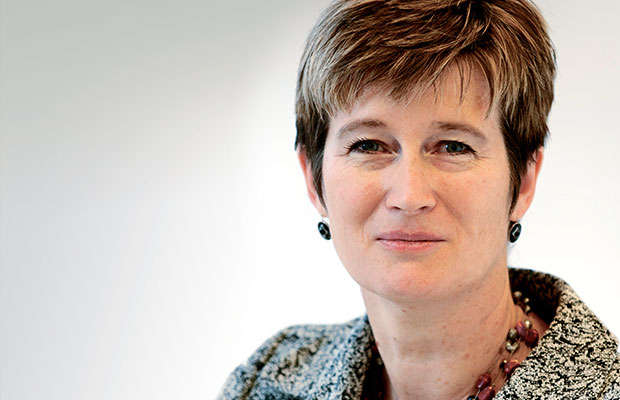Listening and responding
We know that effective communication with communities can help to both avoid and, if necessary, remedy grievances. We ensure that people in neighbouring communities are able to express their views in a variety of ways, including community meetings, surveys, community advisory panels and employee hotlines.
Community liaison officers are employed to keep people informed about the ways our operations may affect them. They listen to the concerns of people in the community so that those concerns can be incorporated into our plans, whenever appropriate. This approach was successfully applied during our recent operations in Alaska where we had an agreement with the Iñupiat communities near the Chukchi Sea to inform them daily of our activities to avoid disturbing their hunting and fishing activities.
Shell has implemented community feedback mechanisms at all major operations and projects to receive, track and respond to questions and complaints from community members. This enables us to capture and resolve concerns quickly and in a transparent and balanced manner.

Vicky Bowman
Director, Myanmar Centre
for Responsible Business,
Yangon, Myanmar
External opinion
“Shell is one of about ten new operators who have recently entered into offshore exploration in Myanmar. Our Centre has been working with most of them during an impact assessment we conducted on oil and gas. This has involved a number of multi-stakeholder discussions on issues like environmental impact assessment, community engagement, community investment and the Voluntary Principles on Security and Human Rights.
It’s been important to have Shell in those discussions to hear how international standards can be applied in Myanmar. They have, for example, shared with us their field experience in community consultations in Myanmar. Shell and other multinationals are breaking new ground by discussing the potential impacts of their operations directly with communities. Shell’s transparency about successes and challenges with civil society and others, can help to overcome years of distrust of business and build a better oil and gas industry in Myanmar.”
